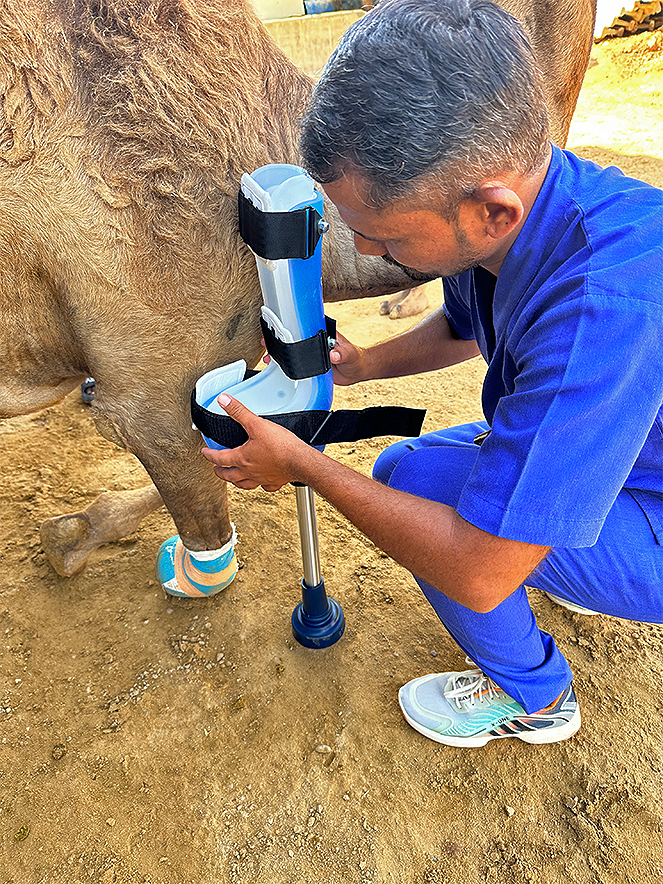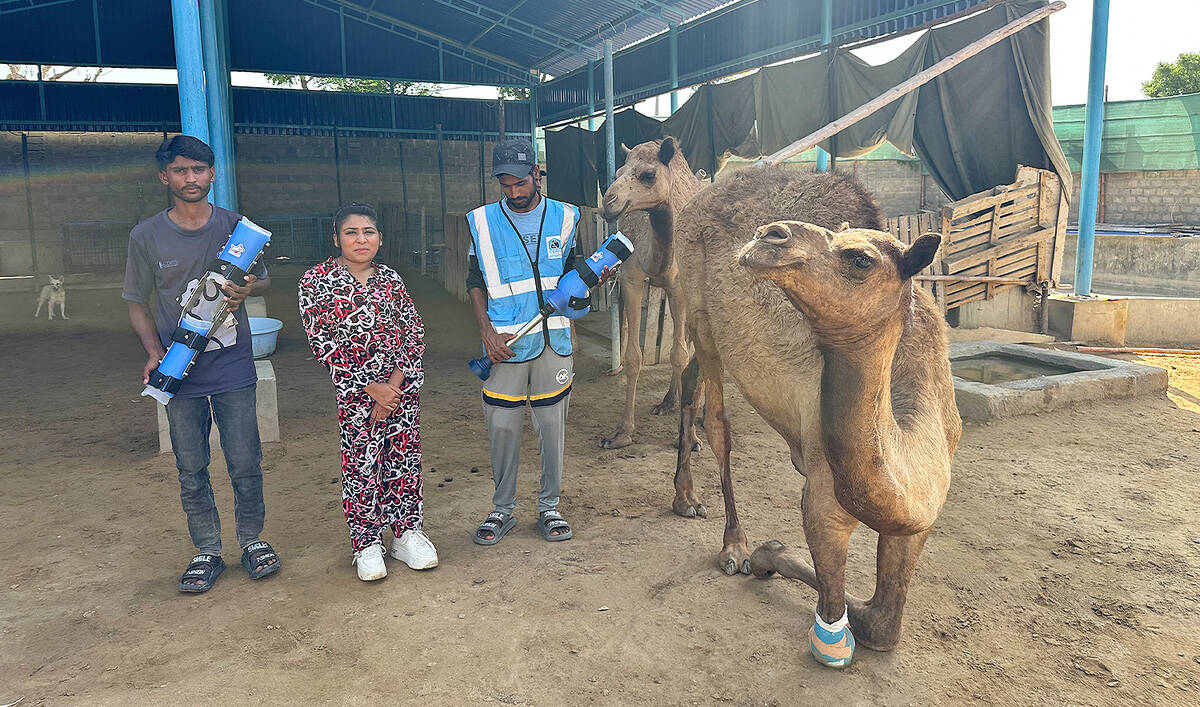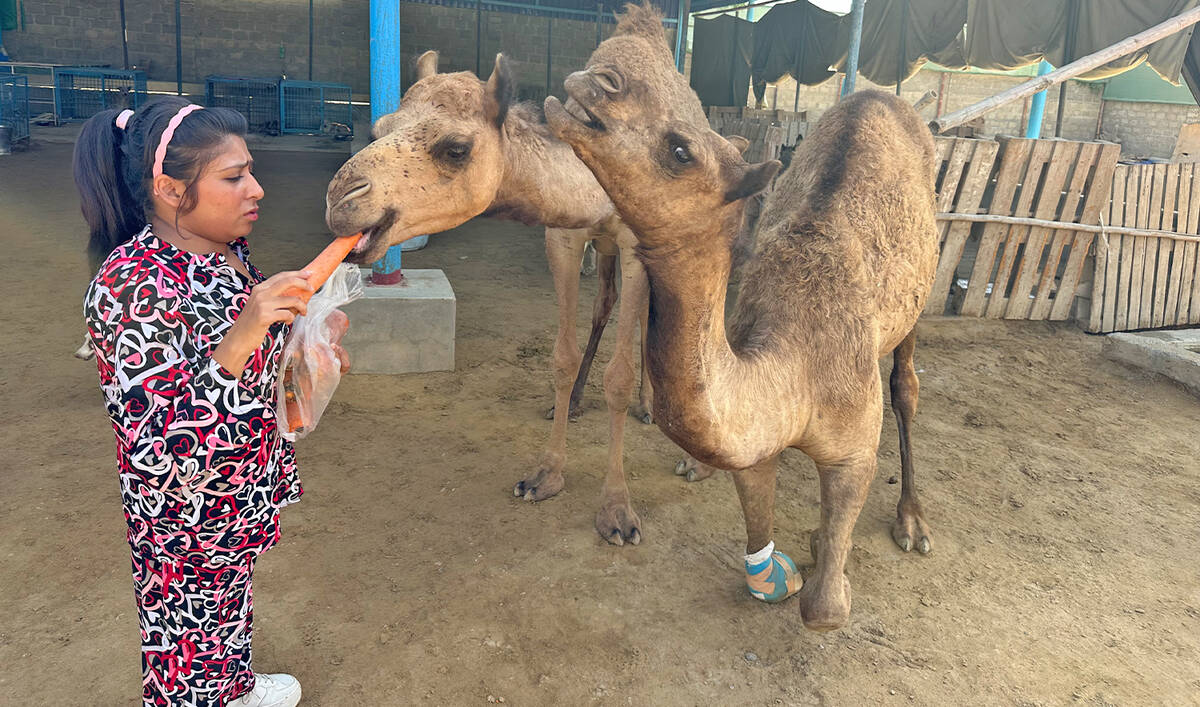KARACHI: Top Pakistani designer Ali Xeeshan, who recently designed a wedding outfit for famous Bollywood actress Swara Bhasker, spoke about their collaboration on Thursday, saying art had no boundaries and the people of India and Pakistan had "the same DNA."
Bhasker, a prominent Indian actress who has starred in Bollywood flicks such as Raanjhanaa, Tanu Weds Manu, Veere Di Wedding, Manto, and Prem Ratan Dhan Payo, tied the knot with Indian politician Fahad Ahmad last month.
Earlier this week, the two held a Valima reception in the Indian city of Bareilly. In a Twitter post, Bhasker revealed Xeeshan had designed her dress, saying that the Pakistani designer had it delivered to her all the way from Lahore to Bareilly, via Dubai, Bombay and New Delhi.
Bhasker said in her Twitter post that she had "long marveled" at Xeeshan's talent, adding that his "warmth and generosity" made her admire him.
Arch-rivals India and Pakistan have fought three wars over the past seven decades, two times over the disputed Himalayan region of Kashmir that both sides claim in full but administer only parts of.
Cultural exchanges between the two nations have almost entirely ceased since August 2019, when India revoked the autonomy of Indian-administered Kashmir, prompting Islamabad to cut diplomatic and trade ties.
“We [Pakistan and India] have the same DNA, we eat the same food, we breath the same air, we are cut from the same cloth,” Xeeshan told Arab News on Thursday.
“I’m an artist, I am [a] visual person. Art has no boundaries," he said, adding that tensions between the two countries exist due to political reasons. "Our family systems are the same. We are both very passionate nations.”
Xeeshan says he has a lot of Sikh, Muslim and Hindu clients based in Canada and other parts of the world.
“Because of internet and social media, the world has become so small. I don’t think these boundaries will last forever," he said. "The passion is there; the mutual admiration is there. This [the boundary] is mostly in our heads.”
Speaking about the process of getting the dress made, Xeeshan said Bhasker reached out to him a month earlier to discuss the dress.
“I liked Swara [Bhaskar] anyway. I liked how gutsy and bold she was. Unafraid, unapologetic,” he said, adding that the Bollywood actress informed him she was getting married to a "Muslim boy."
"We just connected. It was easy."
The ivory gold outfit worn by Bhasker on her big day was mutually finalized by Xeeshan, his team and Bhasker. He went to Dubai to deliver the dress and since the actress couldn't travel, Xeeshan's team managed to deliver it to her in India.
According to Xeeshan, Bhasker bought the dress for a whopping Rs1,800,000 ($6,359).
"It [the outfit] was understated and yet it was flamboyant. I loved how the dupatta was wrapped around her. It was a very Muslim nikkah outfit,” Xeeshan said. “We have named this design Rajkumari so it has that grandeur, that old school charm to it. It wasn’t trying to be a statement outfit.”
Xeeshan asked Swara to give him a few lines to write on the dupatta (long scarf) for the groom.
The designer said the dress was hand-made, adding that his team had to bring its most senior artisans on board "whose generations are working with us.”
The dress, Xeeshan said, was 70% ready when Bhasker placed her order. Usually, he said such "star articles" take about six months to make hence the base is usually prepared while the order is customized according to the client's needs.
“It was designed and curated considering her personality,” he said. “She just wanted it to be warm. This is something she could give to her next generation, it could be her heirloom piece," Xeeshan added.




















